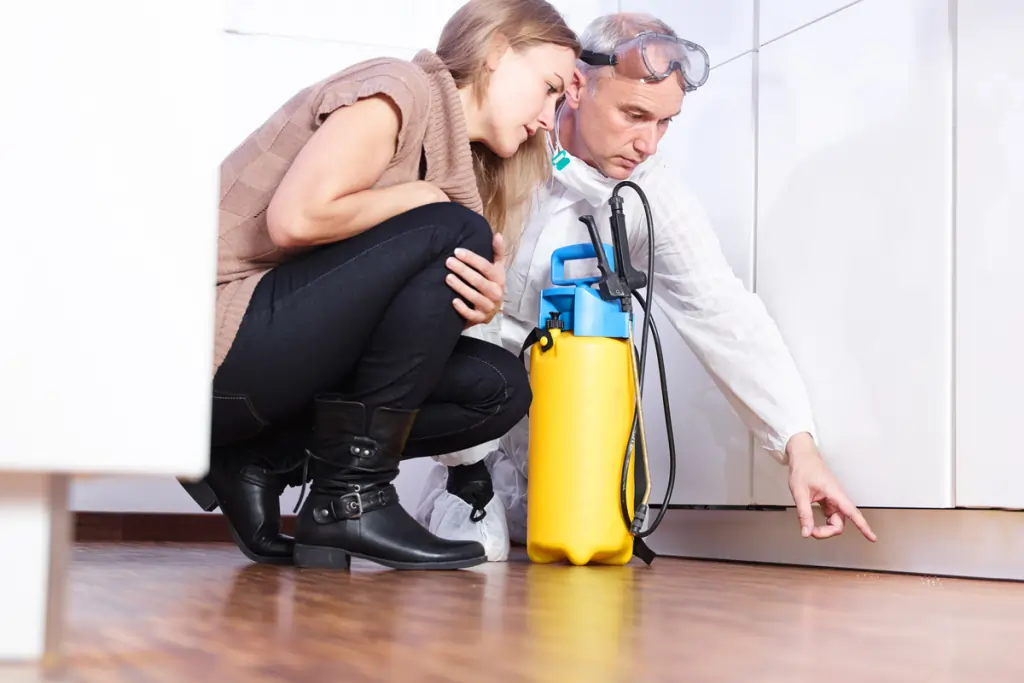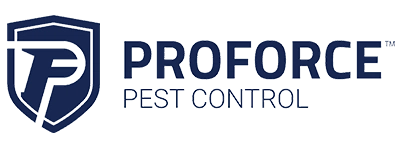How To Choose a Pest Control Company
It's important to choose the best pest control solutionfor you. You might consider a company's qualifications, treatment methods, years of experience, customer reviews, and cost of services.
Below, we dive into detail on each factor.
Does the company have a valid license and permits to perform pest control?
Per the United States Environmental Protection Agency (EPA), all pesticide applicators and their supervisors need to be licensed at the state level. The EPA sets minimum competency standards, and the North Carolina regulatory agencies handle the issuing, maintaining, and revoking of licenses.
Is the company a member of any professional organizations?
Pest control companies can obtain optional certifications from QualityPro or similar trade organizations. These certifications can help you assess the quality of a company's products. For example, the GreenPro Service Certification is given to companies that use comprehensive and effective pest control treatment that is safer for humans and the environment.
A pest control company can also belong to professional organizations. Holding membership in organizations such as the National Pest Management Association (NPMA) or state-level organizations is not mandatory, but helps show that a company is reputable. When a pest control company joins the NPMA, it gains access to resources, education, and a network of other professionals with whom to discuss practices and methods.
Professional Experience and Specialties
You can get some insight into a pest control company's level of pest management experience by seeing how many years it has been in operation. The company's website and local reviews can also clue you in as to whether the company has experience dealing with the specific species of pests that are afflicting your home. You can contact the company directly to learn this information if you can't find it online.
Reviews and Recommendations
You can view a company's reviews and rating on the Better Business Bureau (BBB), explore social media and local review sites to learn what homeowners near you think, or verify its license standing through the North Carolina licensing board.
Cost of Services and Guarantees
Things like the size of your house, your location, the type of pest being treated, and other factors can all affect the cost of pest control.
You can find out whether a company provides free on-site estimates (to determine if it fits in your budget) and what type of guarantees it provides. Often, a company will provide a guarantee that if it does not resolve your pest problem, it will continue treatment until it does.
Safety and Treatment Methods
Keeping yourself, your family and your pets safe is an important consideration when selecting a pest control provider. You may also prefer a provider that uses eco-friendly pest management treatment methods.
Safety
You should ask your pest control expert if the chemicals they're using are low toxicity or non-toxic, and if not, what sort of precautionary measures they are going to use. Any pesticides that are not minimum-risk chemicals must be registered with the EPA. Your pest technician should be able to provide information about all of the pesticides that they plan on using.
Treatment Methods
Many companies are using options for more eco-friendly methods of pest control before relying on harsh pesticides.
One common method for making pest control safer and greener is Integrated Pest Management (IPM). The steps of IPM are as follows:
- Figure out what pests are causing the problem and determine whether immediate action is required.
- Determine the best and safest course of action.
- Manage the pest problem using a combination of mechanical, cultural, biological, and physical controls.
- Use chemical controls only when absolutely necessary, and always in combination with other methods for effective long-term pest management.
- Observe the results and continue with additional pest control as needed.
Common Household Pests in Charlotte
Some specific pests are more common in Charlotte, and these are the ones to keep an eye out for. Some of these include the following:
- Mosquitoes: You're at greater risk of a mosquito infestation if your home is in a wetter area. They're also more common during the warmer months. Mosquitoes can be more than just a nuisance—they can cause itchy bites and even carry diseases.
- Fleas: Generally, fleas prefer warmer weather (which can make them a particular problem in Charlotte) and can often be brought in by pets.
- Mice: If you have mice, you may notice droppings or things like chewed wires. If your home has mice, they may be found in places where food is stored or in attics.
- Bed bugs: Bed bugs are found throughout North Carolina and can cause serious problems if left untreated. Because bed bug infestations are hard to get rid of, we recommend getting professional extermination as soon as you discover the problem. Bed bugs can infest wallpaper, furniture, bedsheets, and more.



